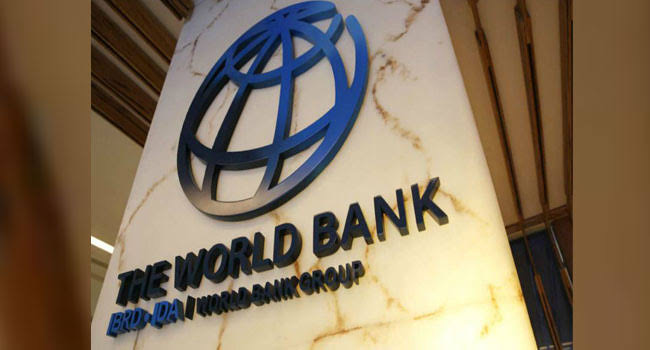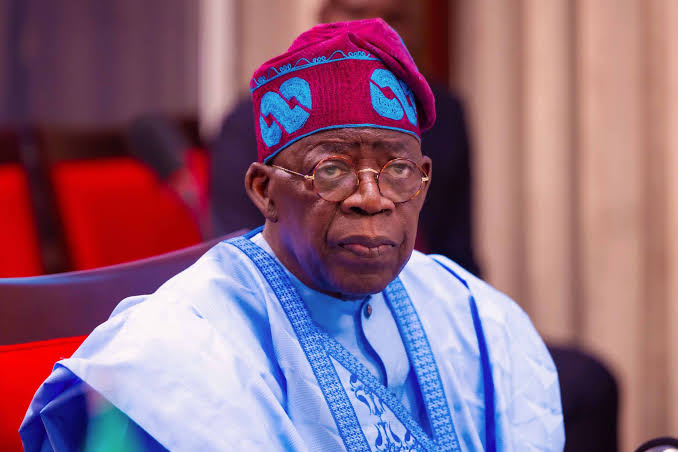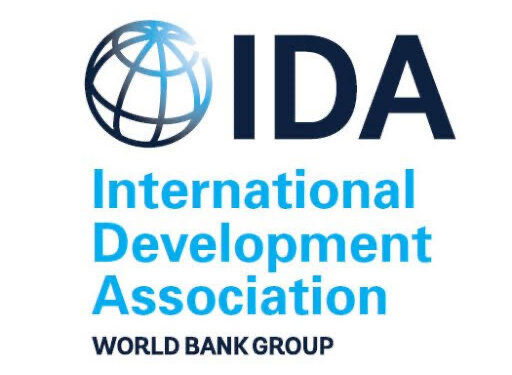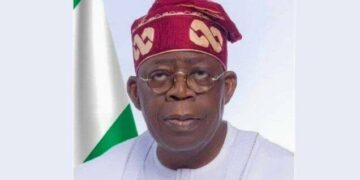Nigeria is the third-largest borrower of the World Bank International Development Association (IDA) as of June 30, 2024, with the country’s borrowings increasing significantly.
This development reflects a significant change in Nigeria’s financial landscape under President Bola Tinubu’s administration.
According to the World Bank’s latest financial report, Nigeria’s exposure to IDA increased by 14.4% from $14.3 billion in (FY) 2023 to $16.5 billion in (FY) 2024.
This $2.2 billion increase in borrowing placed Nigeria in the top three IDA borrowers for the first time, moving up from its previous position as the fourth-largest in 2023.

The 2024 fiscal year runs from July 2023 to June 2024, during which Nigeria will have received at least $2.2 billion from the World Bank. This period overlaps with President Tinubu’s administration, highlighting the country’s growing reliance on international financial assistance in the face of domestic economic challenges.
Notably, this debt is exclusive to IDA and is separate from the outstanding loans Nigeria has to the World Bank’s International Bank for Reconstruction and Development (IBRD).
Compared to other top IDA borrowers, Bangladesh maintains its position as the largest borrower, with its exposure increasing from $19.3 billion in 2023 to $20.5 billion in 2024.
Pakistan follows in second place with a stable commitment of $17.9 billion over the same period. Meanwhile, India was the third-largest borrower with $17.9 billion in 2023 but is set to reduce its IDA exposure to $15.9 billion in 2024, to be overtaken by Nigeria. Other notable IDA borrowers include Ethiopia, whose commitments increased from $11.6 billion in 2023 to $12.2 billion in 2024.

Kenya and Vietnam both have exposures of $12 billion. These countries, along with Tanzania, Ghana, and Uganda, form IDA’s 10 largest debtors, and together account for 63% of IDA’s total exposure as of June 30, 2024.
IDA, the World Bank’s flagship division, focuses on providing low-interest loans and grants to the world’s poorest countries. These loans feature low interest rates and long repayment periods and are intended to promote economic growth, reduce inequalities, and improve living conditions in developing regions. Nigeria under Tinubu’s administration has reportedly received loans totaling $4.95 billion from the World Bank amid growing concerns over rising external debt repayment costs.
However, only about 16 percent of these new loans have been granted so far. The World Bank may approve four more loan projects for Nigeria this year, totaling $2 billion.
Moreover, data from the Debt Management Office’s (DMO) External Debt Report showed that Nigeria’s total debt to the World Bank as of March 31, 2024 was $15.59 billion.






























